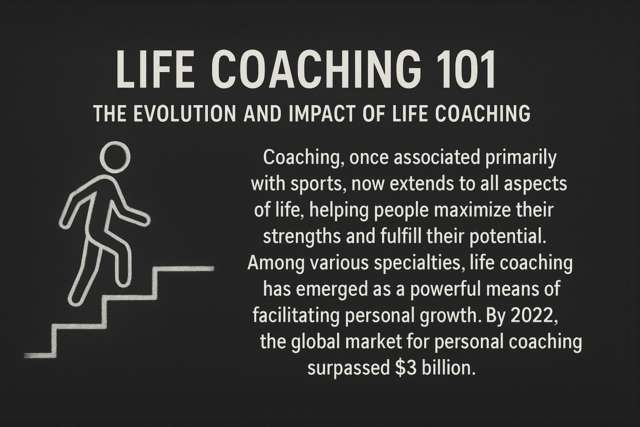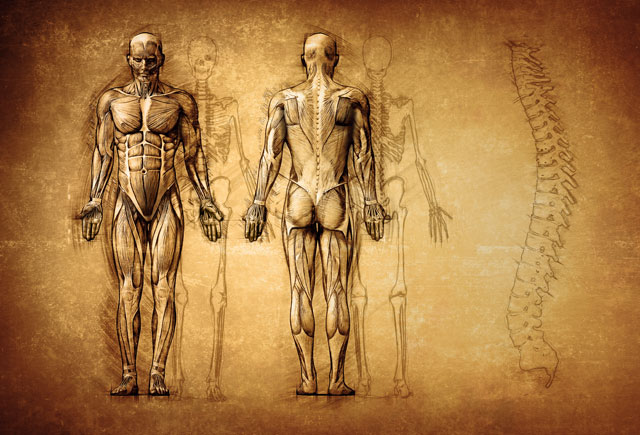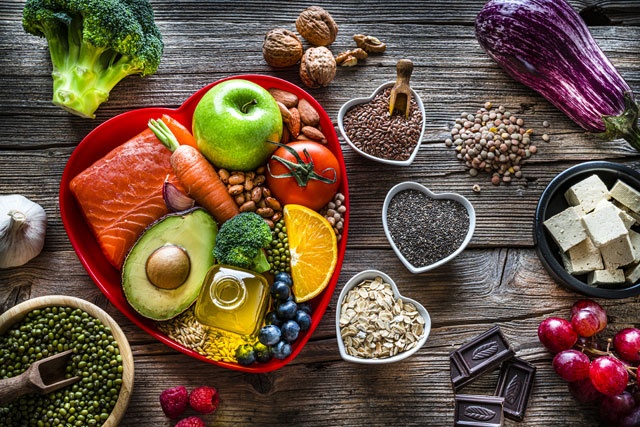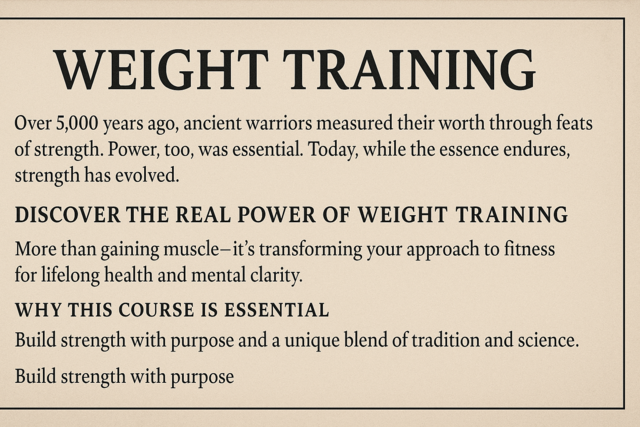Protein in food provides 4 calories per gram, and current guidelines call for about 2-3 servings of protein rich foods per day for an adult. Very active athletes may require more protein to repair cells, but people can get all the protein they need from a well-balanced diet instead of having to use protein powders or supplements.
Proteins are chains of amino acids. (Amino acid molecules have an amino group at the core, a carboxyl group and a different chemical side chain--this side chain determines what kind of amino acid the molecule is).
Fully formed amino acid chains can be long or short, but each protein arranges its amino acids in a very specific order. Deoxyribonucleic acid (DNA) provides your body's blueprint for how to make every type of protein you use. That DNA resides in every cell of your body, and whenever you need to make any type of protein, the DNA gives exact instructions on how to build that protein. If one amino acid in the entire chain is defective or out of order, the protein will not perform its intended purpose.
When you eat protein sources like chicken, eggs, and beans, your body breaks down the proteins into individual amino acids, which it then rearranges and uses in the body.
You couldn't live without protein in your body. Amino acids make chemical reactions like digestion happen. They form the fibrous tissues of your body like collagen and muscle fiber, and they facilitate the transportation of nutrients through the body and across cell walls.
Enzymes make chemical reactions happen without being consumed in the process, and proteins act as enzymes in many functions throughout the body. DNA tells your body how to assemble the amino acids in the proper order to make these enzymes correctly. If your DNA has incorrect instructions, the amino acids will be assembled incorrectly and the enzymes will never work for their intended purpose. For example, if your body can't produce the right enzyme to break down milk products, you will experience extreme intestinal pain and bloating every time you eat cheese.
The muscles that allow you to walk, run and stand up rely on contractile proteins called actin and myosin to do their work. (The word contractile means helping the muscle contract). Your body needs protein to repair muscle damage after exercise and build new muscle.
Proteins are shaped kind of like snakes, as long chains. Like snakes, they have the ability to slip into small spaces, like crossing cell walls. They can also bond to other components, making them excellent packaging and transport vehicles for things you need in all the cells of your body, like oxygen. The protein hemoglobin bonds with oxygen and carries it through the blood system, assisting it all the way through the cell wall in any part of your body, to any kind of cell.
Collagen is the fibrous tissue from which tendons and the cornea of your eye are made. Collagen holds muscle fibers in place and makes your skin look smooth. It is very tough and flexible, and it is mostly made out of protein.
Protein based hormones help coordinate systems and processes in the body. Insulin, for example, regulates glucose levels in your blood.
Proteins help keep you healthy by fighting off bacterial and viral infections. The flexible shape of a protein makes it ideally suited to pursue and attack foreign body cells. Some antibody proteins immobilize an invader cell so that white cells can get to work on destroying it.
In some cases, proteins can actually be a threat: when you have an allergic reaction to a bee sting, for example, your body is reacting to the proteins in the bee venom. Snake venom is also a protein, and it can be fatal. Viruses are extremely simple organisms: basically just some DNA wrapped in a protein transport shell.
Fish, shellfish, lean meats (chicken, turkey, lean beef, bison, and pork) are all obvious choices for protein. Beans, tofu, nuts, seeds and low-fat dairy products also contain protein. You don't need to consume mass quantities of protein powders; you can get all the protein you need, just a couple of servings per day, from a healthy and varied diet.































